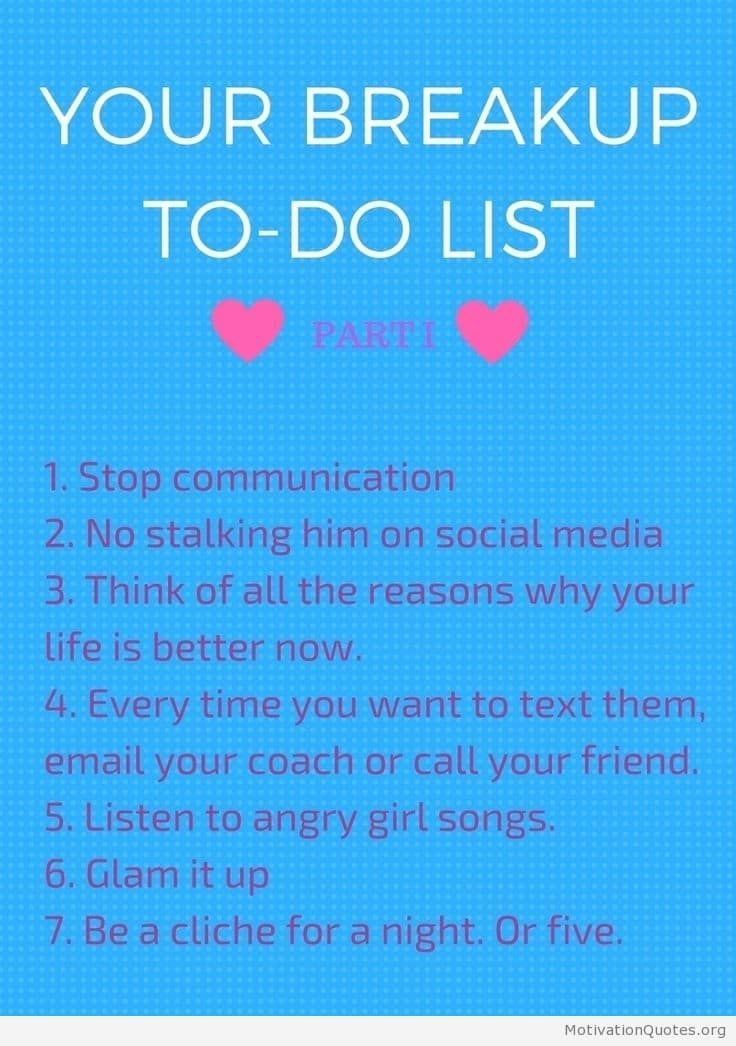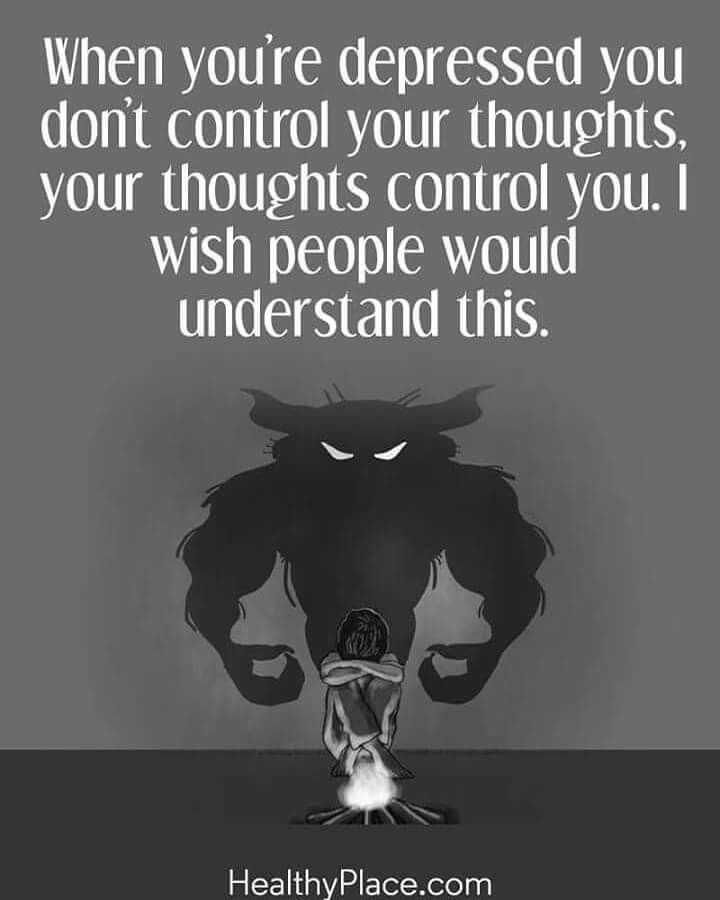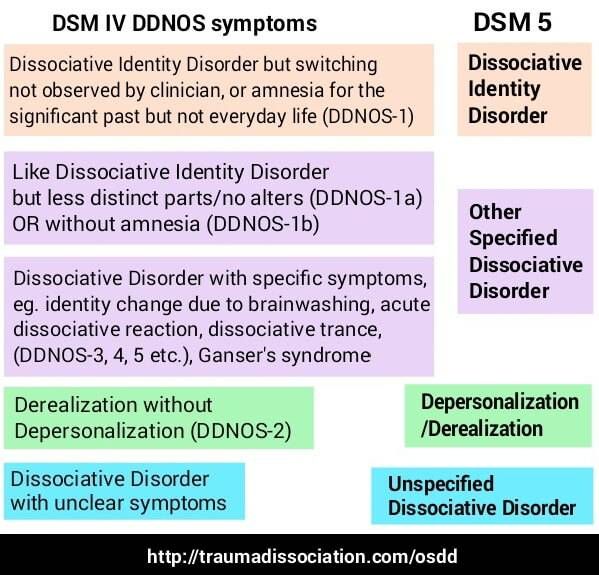Advice to friend about breakup
How to Help a Friend Through a Breakup
The end of a relationship can be painful and isolating. If your friend is going through a breakup, they might need your support.
The majority of folks deal with a breakup at some point in life. But even if you’ve experienced the loss of a relationship yourself, it can be difficult to know how to help a friend through the same experience.
Your friend might need practical support as well as emotional support. Sometimes, your person may know what they need, and other times, you may have to come ready with options.
“It’s best to understand that recovering from a breakup has many phases,” says Dr. Alexandra Stockwell, a relationship and intimacy coach in Benicia, California.
“The first one can be intense, and after that, it may come in waves, at surprising times. A good friend has room for it all, and also makes sure to take space to nourish herself when it gets overwhelming.”
Common ways to support someone through a breakup include:
- giving them space to talk or vent
- reminding them of their strengths and qualities
- doing fun, rejuvinating activities together
- offering practical help
- in time, helping them look toward, and plan for the future
Of course, there’s no one-size-fits-all solution to supporting a friend after a breakup. Rather, their needs will be determined by their circumstances.
Types of relationship breakups and targeted tips
The words you use and the type of support you offer your friend might vary depending on the nature of their relationship, the way it ends, who ends it, and what collateral damage is left behind.
Worth noting
You might only consider using the below tips and advice if your close friend has opened up about their breakup.
If you try to help without being asked, you may overstep their boundaries, and your help might have the opposite effect of what you intended.
Long-distance
It can be especially difficult to get closure at the end of a long-distance relationship.
Your friend might need space to mourn the plans they made with their ex-partner, whether that be moving closer to one another or traveling together.
It may help to validate their grief and keep in mind the distance didn’t negate their:
- degree of intimacy
- investment in their partner
- hopeful intentions for the relationship
Long-term
The end of a long-term relationship can be painful, especially if their lives are closely intertwined.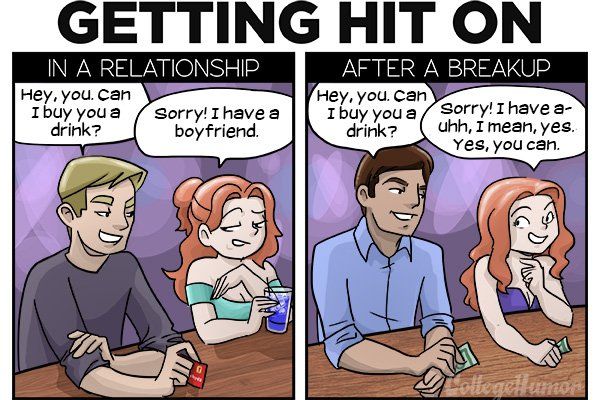
If your friend relied on their partner functionally — for example, if they lived together or traveled to work together — they might need practical help. Could you offer them a lift? Do they need help opening their own bank account? Could you help them move?
They might also need support in adjusting to life without their partner. You can help your friend:
- rediscover their values
- try to make new friends
- adopt new hobbies and activities
With infidelity
“Most people, when cheated on, internalize it as rejection and related to them not being attractive or interesting or smart enough when that is not in fact what motivates cheating much of the time,” explains Stockwell.
If your friend’s partner cheated on them, your friend might need you to assure them of their value or remind them there’s life beyond what was done.
Here are ways you can encourage someone who might feel low.
Since infidelity is often jarring, your person might also need space to process and express self-doubt, anger, or regret.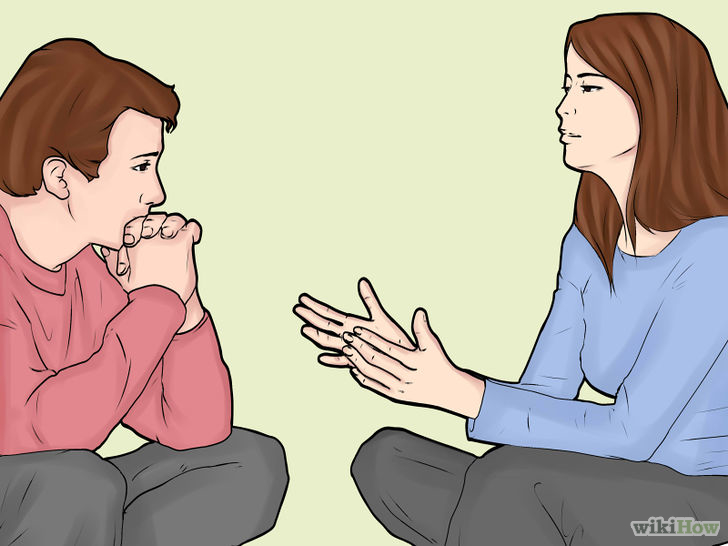
Toxic or abusive
Ending a toxic relationship or leaving an abusive one can be emotionally taxing.
If your friend is afraid to leave, you can help them come up with a safety plan.
Remember that it’s common for people to return to abusive partners for many reasons. Financial difficulties, safety concerns, and feelings of shame can all make it difficult for someone to leave.
Consistent, compassionate support goes a long way in helping your friend leave for good.
Codependent
The end of a relationship can be difficult for people experiencing codependency, as it can feel like they’re losing their identity if they were in an enmeshed relationship.
“Supporting a codependent friend can be very challenging because they often run a narrative of self-blame and unfounded hope in what might have been,” Stockwell explains.
Your friend might feel they need affirmation of their self-worth and turn to you to validate them. In this case, it may be a better principle to “teach them how to fish” versus “give them a fish” — that is, support them in discovering this affirmation within themselves.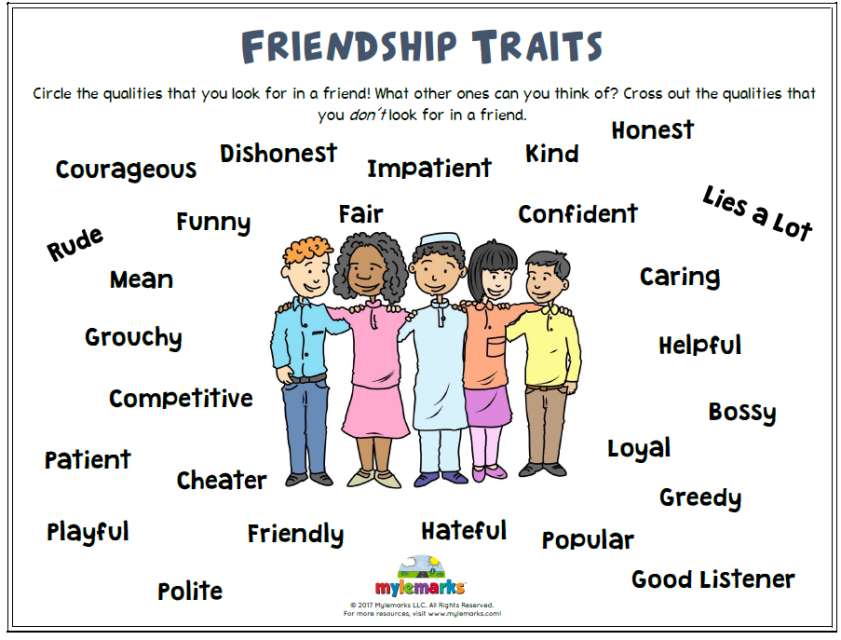
You can provide self-affirmation guides and encourage them to explore self-discovery to learn what they really want. You could even venture self-validation alongside them for moral support.
With the parent of their child
Your friend might need pragmatic and emotional support as they transition from being a part of a couple to co-parenting with their ex-partner.
For example, they might need support in:
- having someone to vent to
- ironing out the legal implications of their breakup, such as establishing a parenting plan
- practical help as they transition to being a single parent — for example, babysitting, picking up dinner, or carpools
It isn’t easy to know what to say when your friend is in pain. Simply listening to them and affirming that you care for them is a good place to start. They’ll probably need time to process their emotions after the loss.
1. Sitting with their emotionsThe loss of a relationship is a loss like any other.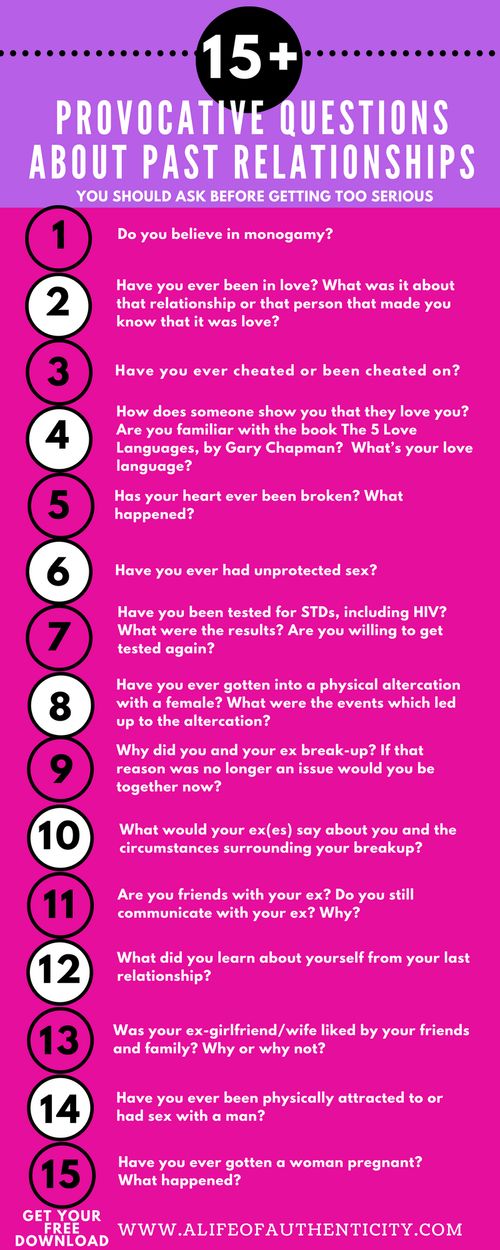 Imagining a world apart from the future they envisioned for themself can be painful for your friend.
Imagining a world apart from the future they envisioned for themself can be painful for your friend.
“Sometimes people feel they have to move through their grief quickly, or put on a happy face, to make other people feel comfortable,” Stockwell says. “But the best way to get over a breakup is to feel the authentic feelings and not override them.”
Sitting with their pain means not counteracting their sadness or rushing to fix the difficulties they’re facing, Stockwell says. Here’s how:
- practicing active listening, without “shoulds” or suggestions
- avoiding mentioning yourself or comparing to another’s experience — keep the focus on them
- embracing silence by just sharing space and time
2. Asking them what they want
Every individual has unique needs and boundaries, and some people might need more support than others.
It’s important to understand what your friend needs, even if they’re finding it challenging to communicate.
You can check in with your friend candidly to ensure you’re not overwhelming them or leaving them feeling neglected.
3.
Spending time togetherAt times, your friend might want your company more than your conversation.
You can suggest, or together enjoy activities they might find rejuvenating and entertaining, whether it’s a trip to the beach, a game night, or the gym.
4. Suggesting therapy“It is normal to feel sad after a breakup, but if it’s too hard to go to work or take care of oneself after a few days, then it’s time to seek professional help,” Stockwell says.
Short- or long-term talk therapy can be helpful for healing after a breakup.
If they need help finding a therapist, you can direct them to these helpful mental health resources and our guide to finding a good therapist.
There are many ways to comfort and support a friend through a breakup, whether emotionally or practically.
You might want to remember not to overstep boundaries and to respect your friend’s wishes if they don’t want to discuss their relationship.
You can keep in mind that it’s not your job to fix every difficulty your friend faces after a breakup, nor is it possible to cushion them from feeling any pain.
Instead, you could sit with their pain, listen to them vent, and check in on their needs, candidly. Therapy can also help to explore behavioral patterns, mental distress, and trauma.
What To Say To A Friend Going Through A Breakup
Breakups will always suck. It doesn’t matter if the relationship ended with a dramatic fight or a carefully navigated and loving conversation—the aftermath can convince someone that she will never know happiness or find love again. (False on both counts.) This can be especially hard to watch when it is your friend going through a breakup: You know she's awesome and she'll find love again, but she's still crying into a glass of pinot grigio and deleting pictures of her ex off her Instagram every night. It’s often painful and confusing to adjust to life as a single person, but everyone gets by with a little help from their friends, right? Here's what to say to a friend going through a breakup—and what not to say, too.
The Best Things To Say
1. "You're allowed to be sad."
Sometimes people feel ashamed by the depth of their sadness post-breakup, especially if it was a short, intense fling or someone they know they're better off without. Validating your friend’s feelings gives her permission to work through them and get closer to moving on. After you tell her it's completely fine to be upset, explain that you're always available to listen. "The best thing is just having someone listen to you as you talk your way through the sadness," says Marie L., 26.
2. "I promise, you're so much better off."
The trick to making her believe this one is coming prepared with proof—otherwise it can seem generically insincere. "List concrete reasons they're better off without the ex, like now they can move to the new city they've always wanted to try," says Alana R., 26. It doesn't even have to be something that monumental—anything that helps her realize there's exciting potential in being single will do.
3. "You won't always feel this way."
It can be hard to remember the thrill of a new love when you're mourning the loss of a previous one. "It's helpful when a friend puts it in perspective,” says Cindy H., 25. “Heartbreak doesn't last forever. You feel it, accept it, and eventually meet someone better." Just be sure to say this one in an I'm-cheering-you-on way, because with the wrong tone, it can accidentally seem like you're minimizing their feelings.
4. "It's OK to have a bad day."
“One day at a time” is a staple of 12-step programs, but the concept behind it works for heartbreak, too. Remind your friend of positive accomplishments and experiences happening in the here and now. Giving someone permission and space to grieve can help them find the energy to make the next day a little bit easier. "For me, having a declared one-day 'grieving' process is just what I need,” says Genevieve S., 24. “I get it out of my system knowing that tomorrow, it'll be much better. ” Of course, most breakups require more than one day of mourning, which is why this is a better approach than trying to ignore negative emotions.
” Of course, most breakups require more than one day of mourning, which is why this is a better approach than trying to ignore negative emotions.
5. “Rebounds are great (but only when you’re ready)!”
There’s no one-size-fits-all time limit for getting over a breakup, but that doesn’t mean it can’t be helpful to be reminded that dating and hookups can be a lot of fun. Lilli P., 32, says she got this advice from her mother, but in slightly more ribald language: “My mother has literally told me, ‘The best way to get over someone is to get under someone else.’” Good friends will encourage you to enjoy life, whether that means dancing with a stranger, swiping like a maniac on Tinder, or taking time away from dating—whatever it takes to affirm that you were special and whole when you were single before and you still are now.
The Worst Things To Say
1. "There are plenty of fish in the sea!"
Genevieve S. nominated this response because it's "just plain terrible" to hear in the midst of heartbreak. "In that moment, it trivializes the relationship that ended," she says. "It makes it seem like you can move on quickly because it was nothing, and that's not fair."
"In that moment, it trivializes the relationship that ended," she says. "It makes it seem like you can move on quickly because it was nothing, and that's not fair."
2. "You'll find someone else."
Very similar to the above, but it's worth noting that two women think this type of response is the absolute worst. Marie L.'s reason for hating this one: "Ugh. It's so unhelpful. It's the last thing I want to hear when I'm still in the stages of mourning the person I lost." According to her, it's basically the same as saying ‘Oh, sure, you can't have the person you want, but you can have someone else." Also, your distraught friend might look at you with tears in her eyes and be, like, 'But how do you know?' Then you'll be heartbroken right along with her.
3. "They were an asshole anyway."
Sure, it may be true, but your opinion might come as a surprise to your friend. "It's, like, 'Wow, how long have you thought I was stupid for liking him?" says Alana R. Instead, try reflecting some of her complaints about her ex back to her in a constructive way (and only on the days she actually wants advice, not when she just wants to cry/eat her feelings/generally indulge her sadness).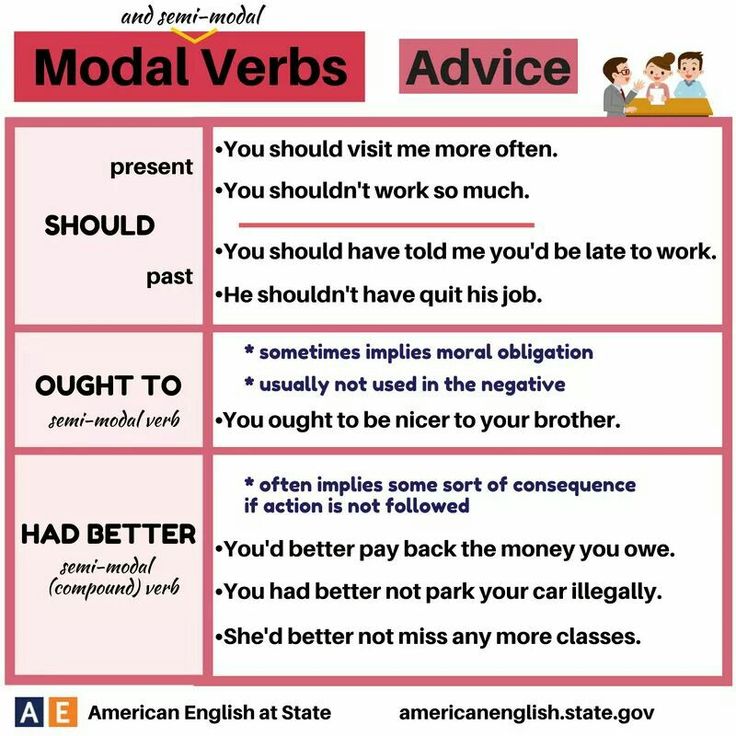 Something like, "You'd always mentioned how mean he could be during fights. I know it hurts now, but you won't ever have to deal with that again, and that's beautiful."
Something like, "You'd always mentioned how mean he could be during fights. I know it hurts now, but you won't ever have to deal with that again, and that's beautiful."
4. "You're so much cuter than her."
There's no need to commit woman-on-woman crime when cheering up your bud. "Superficial things like who's hotter or who's dating more attractive people after don't matter," says Cindy H. "All that matters is that I was attracted to my ex, which is why I dated them in the first place." Rather than focusing on how your friend stacks up to her ex's new boo, explain how amazing she is all on her own. Tell her that even though you know she's strong enough to get through this, you'll be there for the totally normal moments when she doesn't believe that herself.
5. “Couldn’t you have given them what they wanted?”
Compromise is essential in a healthy relationship, but there are some impasses that no one can’t be overcome —and that shouldn’t be questioned. “After a very difficult breakup—we loved each other, but he wanted children and I definitely did not—someone told me, ‘Well, you know, couldn't you just have one kid, for him?’” says Jennifer P. , 44, about a breakup that happened in her mid-30s. If the person you’re splitting from can respect your choices, your support system can do the same. Breakups that happen because two people want different things don’t have to get ugly, and there doesn’t have to be a villain. Don’t shame someone for knowing herself well enough to make a hard choice.
, 44, about a breakup that happened in her mid-30s. If the person you’re splitting from can respect your choices, your support system can do the same. Breakups that happen because two people want different things don’t have to get ugly, and there doesn’t have to be a villain. Don’t shame someone for knowing herself well enough to make a hard choice.
6. “Everything happens for a reason.”
This cliche is an infuriating thing to say to someone going through a difficult time. Hearing it can leave a friend feeling like you’re not listening at all. After her marriage dissolved, Stephanie S., 38, says that this was the exact opposite of what she wanted to hear. “It was dismissive of what I was feeling and the huge hole that was now in my life,” she says. “I was committed to spending my life with her,” and comments like this diminished the magnitude of her choice to get married and why she felt so devastated after the breakup. If you ever feel the urge to say this, stop yourself. Admit you’re not sure what to say, but that you support your friend and love them even when they’re sad. Tell them that in good times, too. You don’t need a reason to show a friend you value her.
Tell them that in good times, too. You don’t need a reason to show a friend you value her.
How to survive a breakup - advice from a psychologist
- Two types of relationships
- Causes of neurotic love
- Five consequences of parting
- How to help yourself
- How to survive a breakup
- Psychologist's advice
Healthy and neurotic relationships
Breaking up a relationship is always stressful and difficult to deal with. Moreover, a gap can occur both in healthy relationships and in neurotic ones. Breaking up a healthy relationship is easier. In such cases, the couple is usually in dialogue, this decision does not become a bolt from the blue. Most often, the decision to leave is made together, the partners are prepared for changes in life, everyone is confident in their abilities, expects the best from the future and is adapted to a new life. Of course, even if the decision was balanced, it takes time to emotionally, physically and from the everyday point of view to separate from the partner, to adjust to a new rhythm. And yet, in this case, all this is experienced as something that can be overcome and lived on.
And yet, in this case, all this is experienced as something that can be overcome and lived on.
Advertising on RBC www.adv.rbc.ru
The rupture of neurotic relationships is more difficult. In this case, within the union there was no practice of confidential communication, an open dialogue, where partners frankly express their will and desires. Often partners do not even really know each other, do not seek to understand the motives and feelings of a partner. If the breakup and separation come as a surprise, it is highly likely that it was a neurotic relationship.
In this situation, the one who did not decide to leave is going through a difficult and traumatic experience. This can exacerbate chronic psychological trauma, which will “finish off” a person already exhausted by a break. Fortunately, this experience can become a turning point in understanding yourself and your needs, pathological attitudes and broken schemes in the field of love (and not only) relationships.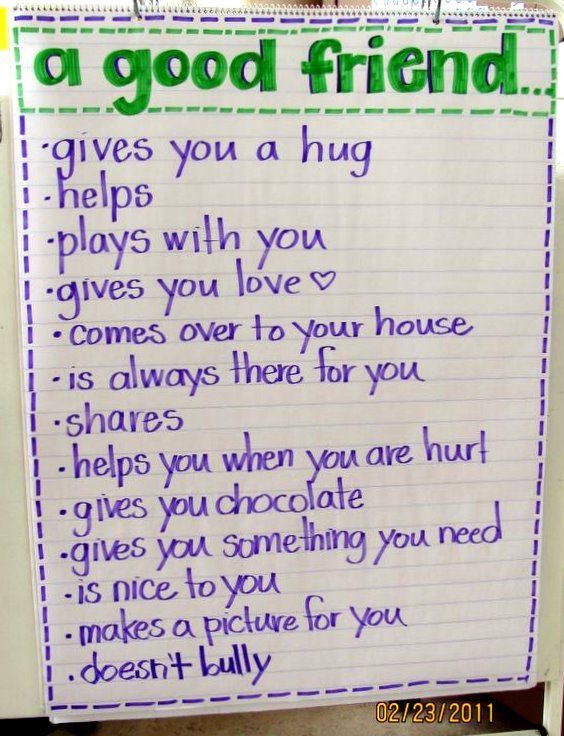
Causes of neurotic relationships
Neurotic love, like toxic relationships, originates in childhood and reflects relationships with parents. For example, if a child suffered from the coldness of his parents, it is likely that in adulthood he will look for the same partner. His ideas about love and relationships are associated with detachment, so the colder the better.
Another example: it is not uncommon for depressed parents (or one of them) to instill guilt in the child. This happens automatically and sometimes without the parents realizing that the child is constantly suffering from the fact that he cannot make mom or dad happy. Such a child will look for a partner who is difficult to please.
Neurotic relationships differ from healthy ones in that, firstly, the partner “loves” through suffering, because, unfortunately, he has no experience of relationships in which everyone is satisfied and happy. He loves those who do not value him, repels and brings pain. Such relationships are based on the fact that a person revisits the cinema of the past over and over again: despite the fact that his partner is cold, nevertheless they are together, which means that it is similar to what happened to him in childhood - in his understanding, this and there is love that he associates with any kind of suffering, just not to be abandoned.
Such relationships are based on the fact that a person revisits the cinema of the past over and over again: despite the fact that his partner is cold, nevertheless they are together, which means that it is similar to what happened to him in childhood - in his understanding, this and there is love that he associates with any kind of suffering, just not to be abandoned.
Therefore, when such a person is abandoned by a partner in adult life, the picture of his childhood, in which he was not noticed, did not share warmth with him and did not pay due attention, comes to life. The biggest fear of his childhood came true - he was abandoned after all. The suffering that arises in response is chronic trauma. They are so painful that they do not allow you to look at this situation differently and benefit from it, for example, recognize the previous relationship as destructive, draw conclusions and still find that person who will honestly love in return.
© chuttersnap/Unsplash
Defense reactions of the psyche
If the separation caused the revival of old sores, the psychological defense mechanisms will be the first thing to stabilize the mental state.
- Negative
“No, this will pass and we will be together again!” A person who uses denial will selflessly look for signs that he is right. For example, a woman can persuade herself that even though her partner left her, he did not leave for another, which means that he does not love anyone and will soon return back. - Displacement
An abandoned partner can tell himself: “Nothing terrible happened, it will hurt and be forgotten.” However, this pain can drag on for several years and become chronic. Those who manage to repress unpleasant experiences may not pay attention to internal discomfort and unhappiness, as they have become accustomed to this as their usual state. - Regression
This psychological defense mechanism can induce a person to tantrums - a primitive form of removing responsibility for what is happening. Or, on the contrary, regressing, a person can literally freeze: emotions, as well as will, appetite, desire to live, disappear. A depressive period may begin.
A depressive period may begin. - Sublimation
Well known to those who tend to overlook unpleasant experiences. By sublimating, a person can completely go into work or any other activity that helps to forget and not think about the traumatic event. - Acute reactions, aggression towards others and self-aggression
If the tension in the psyche is great, it will look for a way out, for example, in the form of sharp reactions: aggressive attacks, a tough style of communication (for example, at work or driving), angry posts on social networks, frequent sexual contacts that carry a feeling of disappointment, leaving in alcohol and drugs.
All these mechanisms work unconsciously, that is, they manifest themselves not by the will and desire of a person, but automatically. The mind may say that drinking is bad, but the suffering can be so unbearable that any method that allows you to slightly raise the pain threshold becomes suitable.
There is another defense that is at the level of consciousness, which can be controlled and used at the right time. This is the so-called psychological compensation , which is expressed in adaptive behavior. For example, in order not to meet with the former, they block him in the phone book, social networks, and avoid meeting. There is also a reverse situation: in order to better navigate what is happening and get the most complete picture, a recent partner is placed in the field of view. Behind this, there may be a desire to clarify everything to the smallest detail and once again make sure that "this is actually happening."
Whatever type of protection works, you need to remember that this is a natural reaction to severe stress and any psychological protection performs an important function - to protect the psyche from destruction. It is important that after the defense stage, the mourning phase begins, when the fact that everything is over and you can mourn your pain is recognized - this is a natural process when working through the loss of a relationship with a loved one.
© Ben Blennerhassett/Unsplash
How to help yourself
Breaking up a relationship is a big mental burden. We don’t just say “heart breaks” or “soul hurts” - the body is actually going through a serious psycho-physiological stress. The cardiovascular system, digestion, hormones, sleep and ability to rest, the natural rhythm of day and night, all come under attack.
During difficult changes in life, it is very important to remember that you are in an unusual state for yourself, and, if possible, help yourself: eat fully, get enough sleep, do exercises to relieve stress, eat those foods that give strength and do not burden the body .
How to tell a healthy relationship from a toxic one: 5 red flags
It's fair to say that not all stages of stress can be done at all. Sometimes lying flat and staring at the wall is the best thing you can do to help yourself. Take care of yourself whenever possible - take time off from work and order take-out instead of cooking.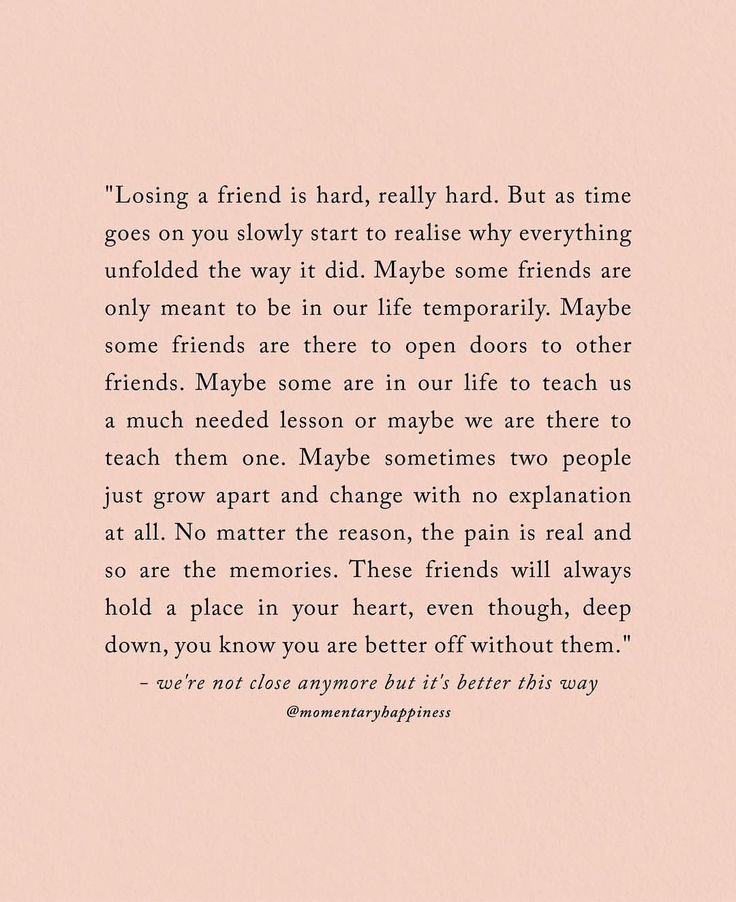 Try to prepare for yourself the space and time where you can fully surrender to your experiences.
Try to prepare for yourself the space and time where you can fully surrender to your experiences.
In order for the process of loss to proceed smoothly and end, it is very important to honestly go through all its stages. After the first wave of shock subsides, the stage of aggression begins, interspersed with rationalization - the desire to talk to the partner again and again and thus improve the state of affairs (the so-called bargaining stage). These steps can take varying amounts of time and, unfortunately, it is not possible to predict their duration.
One of the last stages is depression - not so acute, but a stable condition. It is easy to recognize it by a breakdown, dulled feelings and reactions, inability to enjoy, sleep and appetite disorders. Despite the difficult course, this is a very important period that prepares us for the final resolution of the situation - the stage of acceptance and the end of mourning.
Unfortunately, there are no recipes for how to shorten the most painful stage, but to ease the condition, allow yourself to do whatever you want.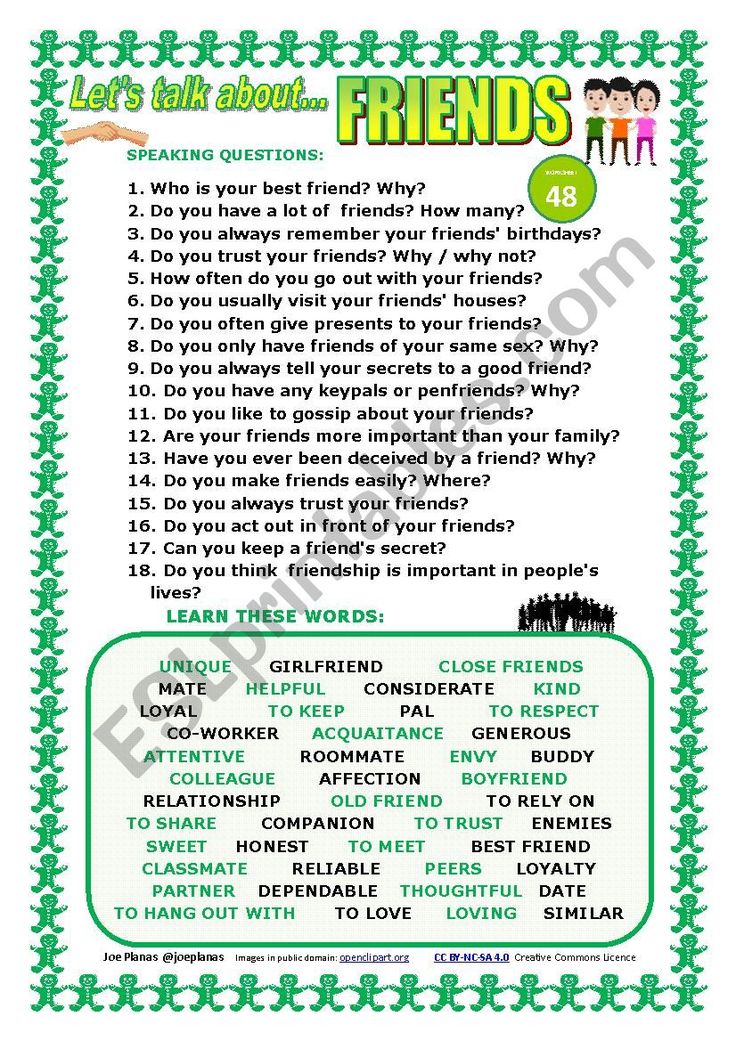 If you want to leave - try to do it, if you want to lock yourself in the apartment - try to take sick leave. Do not neglect the help of others, but set the limits of what is permitted: tell your family and friends how they can be useful to you and how closely you are ready to communicate now. Ask not to discuss certain topics with you, not to arrange surprises for you to “stir up” and so on. Openly tell them what you need: from domestic to emotional needs. Your sincerity will help set up communication with friends and relatives, who, unfortunately, do not always know how to behave correctly in such situations.
If you want to leave - try to do it, if you want to lock yourself in the apartment - try to take sick leave. Do not neglect the help of others, but set the limits of what is permitted: tell your family and friends how they can be useful to you and how closely you are ready to communicate now. Ask not to discuss certain topics with you, not to arrange surprises for you to “stir up” and so on. Openly tell them what you need: from domestic to emotional needs. Your sincerity will help set up communication with friends and relatives, who, unfortunately, do not always know how to behave correctly in such situations.
© Jorge Flores/Unsplash
How to survive a breakup with a loved one
Disrupted communication is one of the main reasons that partners move away from each other and cease to adequately assess the state of affairs. To prevent this, pay attention to whether there is a reticence between you and your partner, silence of any feelings or facts, or maybe someone in your couple expects his thoughts to be read, and thus avoids responsibility ? Silence, ignorance, as well as references to social standards and generalizations ("You're a man!" or "A wife should. ..") destroy trust and intimacy. Features of your unique relationship can be replaced by “life principles” and public opinion about how everything “should be”, which prevents you from following a special scenario that is suitable for your couple.
..") destroy trust and intimacy. Features of your unique relationship can be replaced by “life principles” and public opinion about how everything “should be”, which prevents you from following a special scenario that is suitable for your couple.
How and why to repair broken relationships
Proper communication depends not only on the degree of closeness and honesty to each other (and to oneself), but also the style of conflict resolution. Family therapy is based on this idea: starting it, partners learn safe ways to express their desires, suffering, fears, learn to enter into conflict and resolve it. The therapist, as a referee, observes the dialogue, leads both partners to ensure that they get the result and satisfaction from the interaction.
If you feel that you have no strength left to explain what is happening between you, take a few sessions of couples therapy . It will quickly become clear whether you need to continue working on the relationship or whether to stop it. It is important to remember that the therapist does not choose sides and will not support the game of one of the partners to the detriment of the other. The therapist acts as an interpreter between two people who, for some reason, began to speak different languages.
It is important to remember that the therapist does not choose sides and will not support the game of one of the partners to the detriment of the other. The therapist acts as an interpreter between two people who, for some reason, began to speak different languages.
How to avoid a destructive scenario in the future — advice from a psychologist needed.
Neurotic or toxic relationships are different in that they are used to reduce the degree of personal neuroses and work off personal problems. If both partners coincided in neuroses, the union can be stable and strong. For example, someone for whom it is important to exercise control in relation to the closest person meets someone who gladly accepts this control due to their own childhood traumas.
Another case is when one of the partners does not need to work out the pathological scenario and still meets a less stable person and serves as a constant source of relaxation and recharging for him. Then a person who becomes a testing ground for working off a neurosis will most likely want to give up relationships that drain him.
Other roles we play in relationships can be learned from transactional analysis . The main idea of this method is that each of us in different life situations takes the position of a child, parent or adult. Knowing your patterns of behavior, you can adjust the attitudes and inadequate expectations from the relationship. This is important, since a full-fledged and multifaceted strong union is possible when two "adults" meet who know their needs, boundaries and their weaknesses. Knowing these weaknesses allows you not to provoke situations where they can manifest themselves to the detriment of the couple.
All this may seem rather complicated, but in reality, in order to have a healthy and strong relationship, it is not at all necessary to store a store of knowledge in theoretical psychology. To choose a suitable partner, it is important first of all to solve your personal problems, get to know yourself, find out your preferences, understand what attracts in people and what repels you.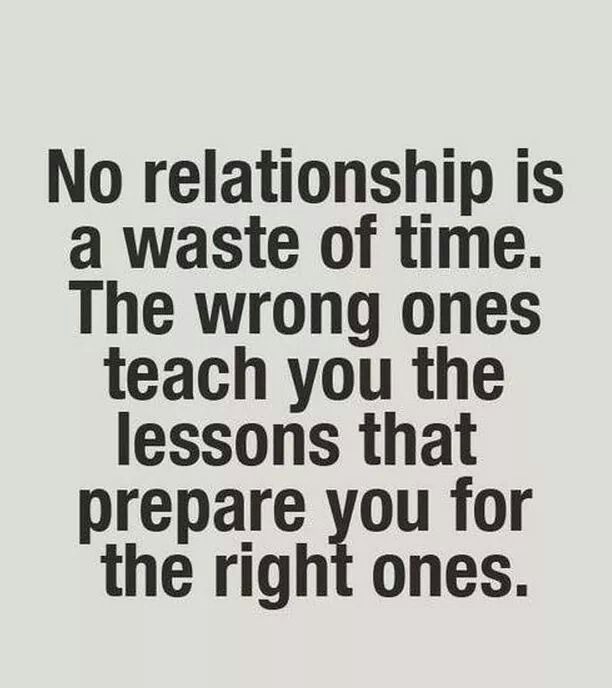 Mark for yourself with whom you manage to build strong contact, and who you don’t want to see even as friends. Do not forget what is valuable in a relationship, what kind of alliance you would like to build with another person and how you see your happiness in a couple.
Mark for yourself with whom you manage to build strong contact, and who you don’t want to see even as friends. Do not forget what is valuable in a relationship, what kind of alliance you would like to build with another person and how you see your happiness in a couple.
What to do after a breakup:
• Three sessions against depression. How to train the brain to be happy and healthy.
• How to tell a healthy relationship from a toxic one: five red flags.
• How to mend relationships if they have been broken.
Tags: relationship
How to survive a breakup - Lifehacker
Why you feel bad from a scientific point of view
At the very beginning of a relationship, oxytocin and dopamine are produced in the brain. When a partner is nearby and everything is fine, the reward system turns on and a whole cocktail of hormones is released into the blood.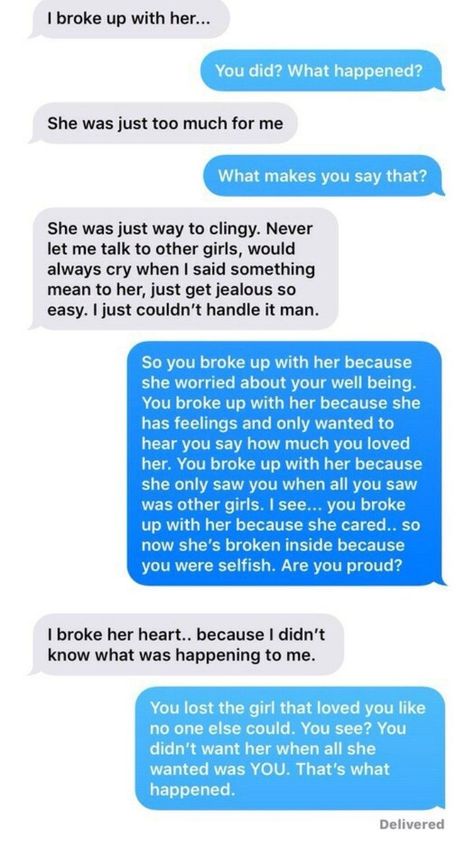 And we think we are happy.
And we think we are happy.
After a breakup, the reward system stops working, the body begins to break down. The stress hormones produced affect the immune, digestive, and cardiovascular systems.
The systems that are responsible for the perception of pain are also activated. That is why it seems to the brain that we are physically hurt, although in fact everything is in order with the body.
How to survive a breakup
Allow yourself to suffer
Yes, that's right. There is no need to artificially invigorate. I want to cry - cry. If you want to scream - scream (just don't forget about the neighbors who can hear you). Sing sad songs in the shower. Watch TV serials.
You will be told that everyone breaks up and you don't need to make a tragedy out of it. Don't listen or try to hide the pain. No one knows what's in your heart but you. If it hurts, let it hurt. Cry until the tears run out, until you feel better, or at least until the devastation sets in.
Your strength will return, but it will take time. Each person has their own time.
Don't blame yourself
The decision to break up doesn't come overnight. And not even for a month. Most often, it is accompanied by a long process of reflection.
The reasons can be very different. But that doesn't mean you missed something somewhere. This means that both of you have long begun to lose contact.
Responsibility always lies with both, although not always equally. It is not necessary to calculate who is more to blame. Look to the future and don't repeat your mistakes.
Don't blame yourself. Yes, you could get irritated less often or demand less. But the partner could talk to you about it.
Do not try to return your partner
If it seems to you that there is nothing left in life and you need to return everything, stop. Fear speaks to you.
It's scary to be alone after a long relationship. And this is a completely normal reaction.
Do not give in to fear. Don't try to get your ex back with humiliated requests. Even if he returns, nothing good will come of such a relationship.
Get down to business
When the first acute pain is over, go where you couldn't or didn't have time to go together. Watch movies that you liked but your ex didn't. Think about a hobby abandoned during a relationship.
Do things you would never do together. This will allow you to feel a freedom that was not there before.
In many cities dance studios, drawing, clay modeling, knitting or metal burning studios are now open. Trial lessons are often free. Why not try? In the worst case, you will lose an hour. At best, you will find a job that you love with all your heart.
Get moving
Immediately after a breakup, many people lose weight because they can starve for days on end. But when the resources of the body are completely depleted, the appetite wakes up and the weight begins to grow.
At the same time, you want not just to eat, but to seize a bad mood with high-carbohydrate foods: pizza, ice cream, chocolate. If at the same time you move a little, the weight will grow even faster.
Therefore, you need to move, even if only minimally.
Make a list of good things
Do you think the world has faded and nothing good is left? This is not true. Your brain simply reacts to stress, and one day the black bar will end.
In the meantime, make a list of the good things you have. Work, friends, books, a collection of stamps or favorite cups, the taste of hot coffee in the morning, the smell of freshly cut grass, shopping - whatever brings you joy.
Add items to the list regularly, and when it gets really bad, re-read.
Change of scenery
If everything around reminds you of a former partner, you should think about changing the situation.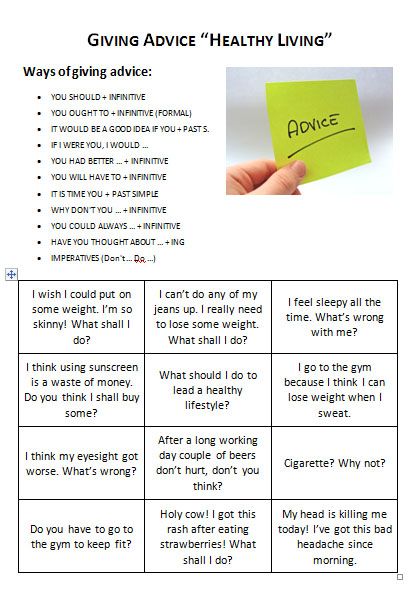 Can't leave? Rearrange, buy new curtains or dishes. Changing the color scheme will help you tune in a different way. Experiment.
Can't leave? Rearrange, buy new curtains or dishes. Changing the color scheme will help you tune in a different way. Experiment.
Read also 🏡
- 13 apps and services for interior design
- 11 ways to add color to the interior and not overdo it
- How to create a luxurious interior on a small budget
Chat with friends
You can talk to them, they will support you in difficult times. But do not forget about their feelings, ask before talking about the breakup. Perhaps at this very moment your friend is not ready to listen to you or ready, but not able to give advice.
Sofia Enikeeva
psychologist, coach
Do not communicate with those people who will aggravate your emotional state with phrases like "I told you, it's my own fault." As soon as you find something that can bring you relief, and those people who will support you, immediately start using this resource.
And don't forget to listen and support your friends in return.
Do 5 exercises
The exercises recommended by psychologist Daphne Rose Kingma in her book How to Get Over a Breakup will help you understand why things happened the way they did. The main thing is to take them only when the first pain subsides. Otherwise, they can make things worse.
You can print on the computer or take a separate notebook. The second option has an advantage: the paper can be symbolically torn or burned after the exercises are completed.
Do not do exercises in succession. Take on the next one when the emotions subside. Do not try to unsubscribe: this is not an essay that needs to be completed and handed in as soon as possible. No one but you will see what you write.
1. Return to the roots
Briefly tell us about your acquaintance, first date, the beginning of a stormy romance, the time when you just moved in together. Describe exactly what hopes you had for your ex-partner.
Now focus on the "evidence" - something that even then foreshadowed problems. It could be some physical or psychological trait.
It could be some physical or psychological trait.
2. Describe how your relationship developed
First of all, tell us about what happened in your life outside of the relationship. Describe your status at that time. Have you ever been single or have you dreamed of falling in love? Or maybe you were in a relationship with another person? What did you want to achieve? What to experience?
Describe what you could offer your partner and what he or she could offer you.
Now describe how and when the "evidence" appeared. What did you feel?
Imagine that a movie is being made about your relationship. What name would you give it? You can describe the poster and come up with a synopsis of the story.
Tell us the real reason for your breakup. Is this reason related to the task of developing you or your partner?
Daphne Rose Kingma
psychologist, writer
A few examples: “I outgrew my need for a mommy”, “I finally understood my strengths”, “We raised children”, “We were connected only by sex, it was not enough. ”
”
3. Analyze the gap
Mentally return to the turning point. When did you realize that something inside clicked and hurt? If you were not the initiator of the gap, then this happened later. Describe your feelings at that moment.
Make a list of reasons why your relationship would still fail.
Write a poison letter to your ex. Freely express your repressed emotions in it, whether it be pain, rage or anger.
Now describe your feelings of guilt. You can self-flagellate as much as you like - the paper will endure everything.
Remember that there are two manifestations of guilt. The first has to do with self-flagellation. The second is a real confession of guilt for some actions. Remember the times when you manipulated, said nasty things, tried to make your ex-partner angry.
This is unpleasant, but it will help you recognize your shortcomings and get rid of them.
Now write a confession letter to your former partner. You do not need to show him or her what you have written - this is done only for you. Admitting mistakes frees you from guilt.
You do not need to show him or her what you have written - this is done only for you. Admitting mistakes frees you from guilt.
Finally, write a letter of forgiveness to yourself. You have done a great job and deserve forgiveness from the most important person in your life - yourself.
4. Describe all the good things that this relationship gave you
Try writing a thank you note to an ex or ex.
5. Reassess reality
Think of a new role for your ex.
Describe the task you are currently facing. What do you want from the future? How do you see your new partner?
Daphne Rose Kingma
psychologist, writer
Regardless of how people feel about their breakup, whether they understand that they are still in anguish and confusion, whether they are convinced that they will never be able to come to terms with a breakup, they all left after classes with the feeling that they managed to rise to a more conscious level of perception.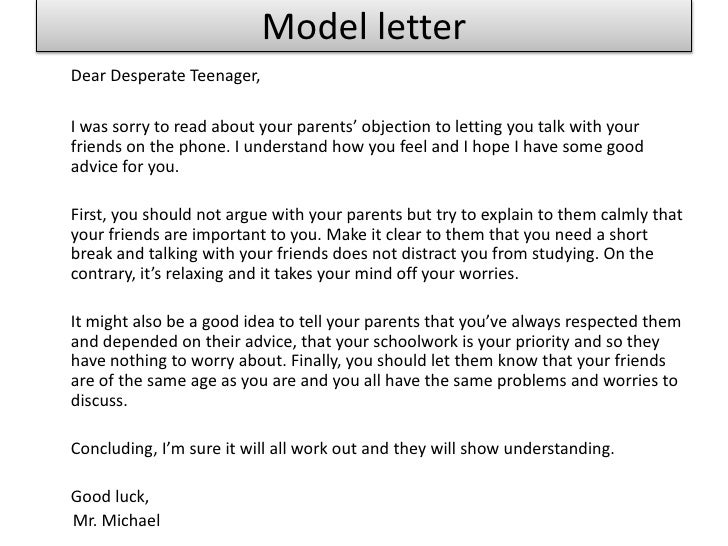
See a psychologist or psychotherapist
Pain after a breakup is normal. But if it doesn't go away, you may be depressed. If you do not eat all day or, on the contrary, overeat, if you are depressed and everything falls out of your hands, if you think slowly and do not move at all, it's time to think about a visit to a psychotherapist.
Read also 🙎♀️🙎♂️
- Why you should not be embarrassed to go to a psychotherapist
- How to choose a good psychotherapist and not be broke
- How to know when it's time to see a psychotherapist
What not to do to get over a breakup
Don't look for casual sex
Most likely, it won't help, and you will feel even worse than before. The desire to have sex is generated by withdrawal. The brain lacks oxytocin, and so we look for someone to comfort us.
Not convinced? Then at least don't get drunk before a date. Alcohol is a depressant. So instead of an enchanting orgasm, you will only get resentment towards the former and a feeling of guilt, and the next morning you will also have a hangover.
And remember about contraception.
Do not bully or blackmail
Emotional blackmail is often used by the person who has been dumped. The goal is to make the former partner feel guilty and uncomfortable. If the former partner really feels guilty, then he will not answer and besiege you when necessary.
Why can't you do that? Because it's low.
Do not start a relationship immediately after a breakup
Some people try to forget their former partner in this way. Sometimes it works. Sometimes new relationships are strong. But more often than not, they only make things worse. The patch won't help when you need stitches.
Don't force mutual friends to take sides
Don't give ultimatums in the first place. People don't like it.
If your former partner was abusive, mistreated or violent, and your friends still associate with him and take his side, consider whether you need such friends.
Read also 👀
- 12 mistakes after a breakup that will turn your life into a nightmare
How to forget your ex-partner
Remove him from all social networks
After a breakup, some people begin to intensively monitor the social networks of their former passions.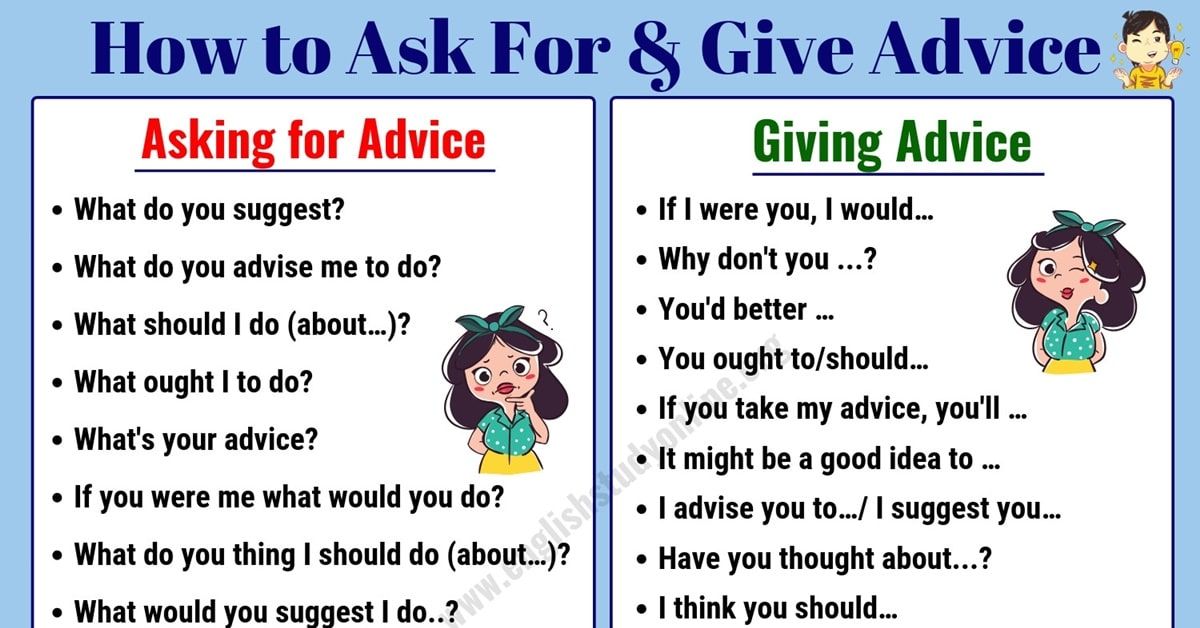 Someone - in the hope of seeing signs of an imminent return: "In the last photo, she is sad because she misses me." Someone - out of gloating: "How he got burned on vacation, now, I suppose, the skin is peeling off."
Someone - in the hope of seeing signs of an imminent return: "In the last photo, she is sad because she misses me." Someone - out of gloating: "How he got burned on vacation, now, I suppose, the skin is peeling off."
Your former partner has a different life now. And if you see posts about her in your feed, it can be hard for you. So clean up the tape. It will also be useful to delete all correspondence.
Sofia Enikeeva
psychologist, coach
And don't give secret (as you think) signals about yourself. Do not post photos, statuses, quotes like "I'm hard to find and easy to lose" and so on. Realize that the more time and energy you spend on an ending relationship, the more you get stuck in it.
Return all things and gifts to him
Just so that nothing reminds him of the past. This is difficult if you have lived together for a long time and bought a lot together. But without reminders, you can get over the breakup faster.
If he or she doesn't want to take his things, give them to someone or throw them away.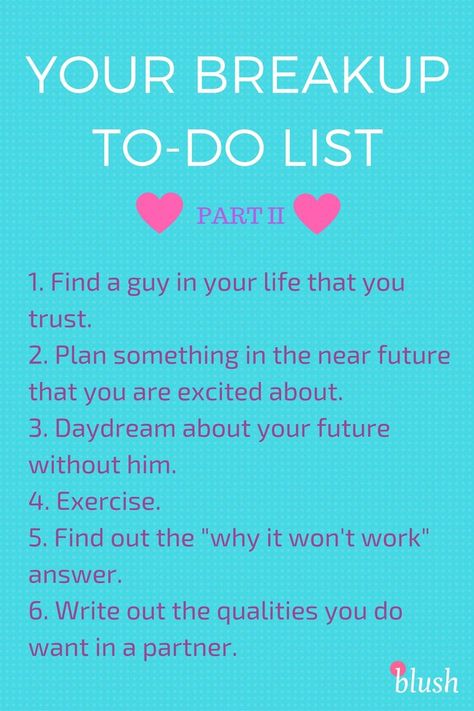 You can even break. There is a chance that it will become a little easier.
You can even break. There is a chance that it will become a little easier.
How to stay friends
You don't have to be good friends if you don't want to. Even if you have several common children or apartments. Only you can decide how to proceed with your ex. Listen to yourself, not to others.
If you still decide to remain friends, that's fine. Let it be hard.
Respect each other
This is the most important thing. If you feel like saying something not very nice, try holding back.
Take a deep breath, or several if necessary. Think about why emotions have become so strong and why they are so hard to contain. When you find the reason, it becomes easier.
When you're both ready, it's time to talk about the relationship and why it ended.
Keep your distance
Even though it's hard, you're not together anymore. We need to learn to find new boundaries in relationships with each other, and this takes time.
If a former partner feels guilty, he may try to help you as before.